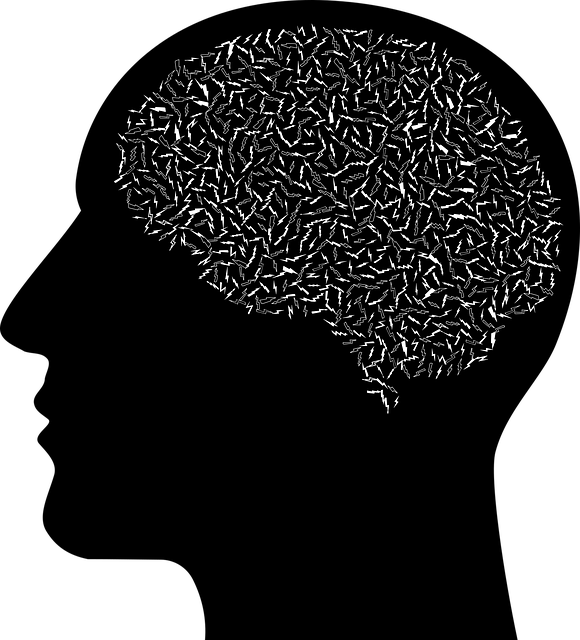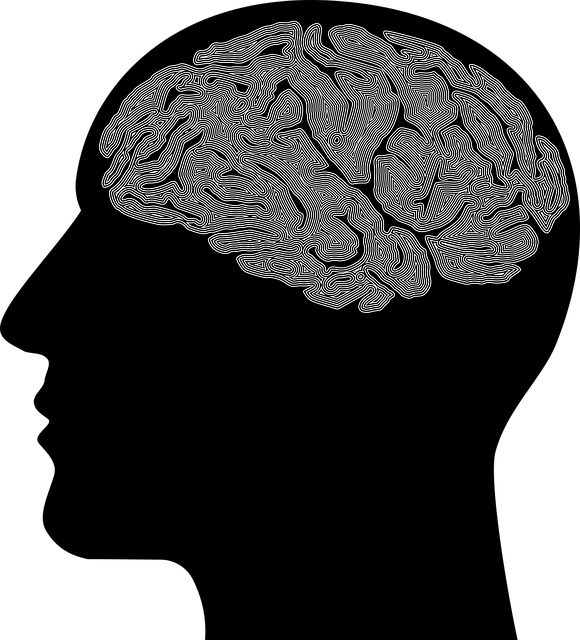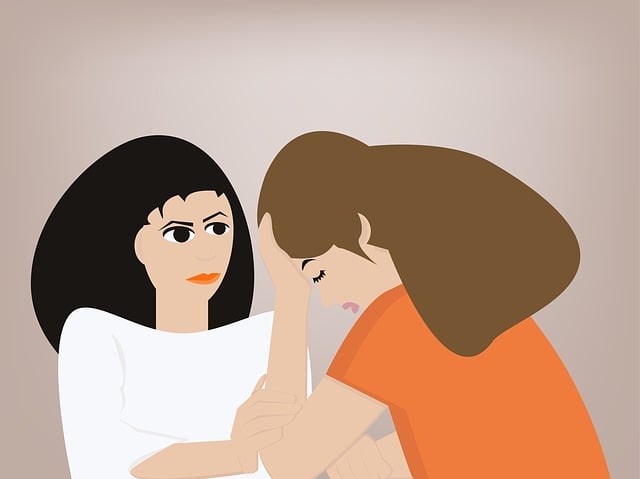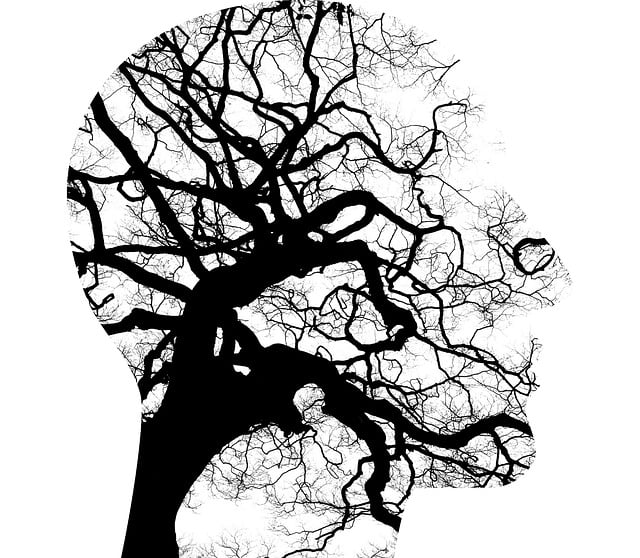Arvada Russian Speaking Therapy offers culturally sensitive mental health support tailored to Russian-speaking communities, reducing stigma and enhancing emotional intelligence through skilled therapists facilitating open discussions in their native language. Evaluating its impact involves both quantitative surveys and qualitative interviews, providing structured data on symptom improvements and deeper insights into participants' experiences. Standardized assessment tools and client feedback sessions integrate quantitative and qualitative information for comprehensive mental wellness understanding, enabling targeted therapy adjustments for enhanced program effectiveness.
Mental wellness programs are gaining prominence, and effective evaluation methods are crucial to ensure their success. This article explores innovative strategies, focusing on the unique approach of Arvada Russian Speaking Therapy, which bridges cultural gaps in mental health support. We delve into evaluation techniques, including qualitative and quantitative methods, to assess program impact. Additionally, it highlights best practices for tracking client improvement, offering valuable insights for optimizing mental wellness initiatives, especially within diverse communities.
- Understanding Arvada Russian Speaking Therapy: A Cultural Approach to Mental Health
- Evaluation Techniques for Wellness Programs: Measuring Impact and Effectiveness
- Best Practices for Assessing Client Improvement in a Structured Setting
Understanding Arvada Russian Speaking Therapy: A Cultural Approach to Mental Health

Arvada Russian Speaking Therapy offers a unique cultural approach to mental health, addressing the specific needs of the Russian-speaking community. This therapeutic service recognizes the impact of cultural background on mental wellness and aims to reduce the Mental Illness Stigma Reduction Efforts often faced by immigrants and refugees. By providing support in their native language, therapists create a safe and understanding environment, fostering open discussions about emotional challenges.
The program’s effectiveness lies in its ability to enhance Emotional Intelligence among participants. Therapists skilled in Russian facilitate meaningful connections, allowing individuals to express themselves authentically. This cultural sensitivity is crucial for building trust and encouraging clients to explore and manage their mental health concerns. Moreover, it ensures that risk management planning for mental health professionals is tailored to the unique needs of this demographic, fostering a more inclusive and effective treatment environment.
Evaluation Techniques for Wellness Programs: Measuring Impact and Effectiveness

Evaluation techniques play a pivotal role in assessing the impact and effectiveness of mental wellness programs, such as Arvada Russian Speaking Therapy. Quantitative methods, including surveys and statistical analysis, offer structured insights into participant well-being before and after the program. By measuring improvements in symptoms, mood, and overall functioning, these techniques provide concrete evidence of the initiative’s success.
Additionally, qualitative approaches like interviews and focus groups allow for deeper exploration of participants’ experiences, self-esteem improvement, and cultural sensitivity within the mental healthcare practice. Integrating feedback from diverse individuals, especially those involved in Mental Health Policy Analysis and Advocacy, ensures that program adjustments align with community needs and promote inclusivity. This holistic evaluation approach is crucial for optimizing mental wellness programs and fostering positive outcomes on a broader scale.
Best Practices for Assessing Client Improvement in a Structured Setting

When evaluating the improvement of clients enrolled in a mental wellness program, particularly in structured settings like Arvada Russian Speaking Therapy, it’s essential to employ best practices that ensure accuracy and effectiveness. One effective approach is to utilize standardized assessment tools tailored to measure specific outcomes related to anxiety relief, empathy building strategies, and conflict resolution techniques. These tools allow for consistent and objective comparisons over time, enabling therapists to track client progress objectively.
Additionally, qualitative methods such as client feedback sessions and semi-structured interviews can provide valuable insights into clients’ experiences and perceived improvements. By combining quantitative data from assessment tools with qualitative information from direct client interactions, therapists gain a comprehensive understanding of each individual’s journey towards mental wellness. This dual-approach facilitates more nuanced evaluations, allowing for targeted adjustments to therapy plans and ultimately enhancing the overall effectiveness of the program.
The evaluation of mental wellness programs, such as Arvada Russian Speaking Therapy, is vital to understanding their impact and effectiveness. By employing diverse assessment techniques, including structured settings and cultural considerations, we can accurately measure client improvement. This comprehensive approach ensures that programs like Arvada Russian Speaking Therapy not only meet but exceed expectations, fostering better mental health outcomes for all participants.














